The effect of violent dislike between groups has always created an indifference to the welfare and honor of the state
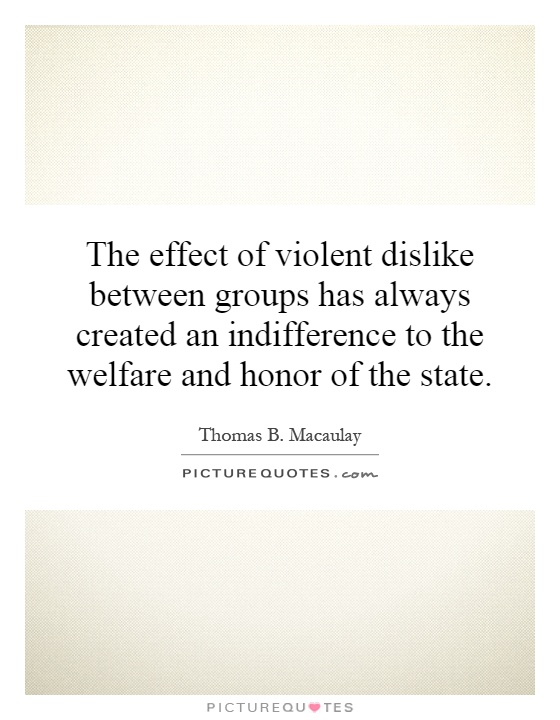
The effect of violent dislike between groups has always created an indifference to the welfare and honor of the state
Thomas B. Macaulay, a prominent British historian and politician, recognized the destructive impact of violent dislike between groups on the welfare and honor of the state. Throughout his career, Macaulay witnessed firsthand the consequences of such animosity and division, both in his own country and abroad. He understood that when groups harbor deep-seated hatred towards one another, it can lead to a breakdown of social cohesion, political stability, and ultimately, the well-being of the state as a whole.One of the key reasons why violent dislike between groups can have such a detrimental effect on the state is that it breeds a sense of indifference towards the common good. When individuals are consumed by hatred and animosity towards those who are different from them, they are less likely to prioritize the welfare and honor of the state. Instead, their focus shifts towards advancing their own interests at the expense of others, leading to a lack of unity and cooperation within society.
Moreover, violent dislike between groups can also undermine the rule of law and erode the foundations of a democratic society. When individuals are driven by hatred and prejudice, they are more likely to resort to violence, discrimination, and other forms of injustice in order to assert their dominance over others. This can create a climate of fear and insecurity, where the rights and freedoms of certain groups are systematically violated, further weakening the fabric of the state.
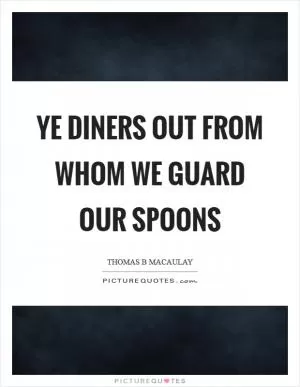
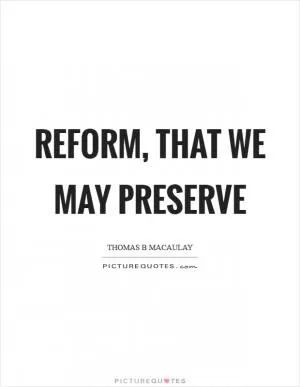
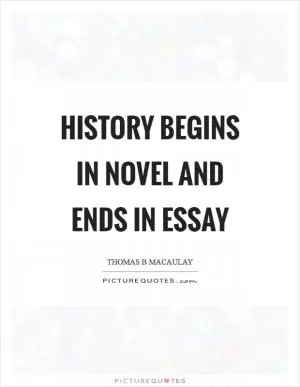
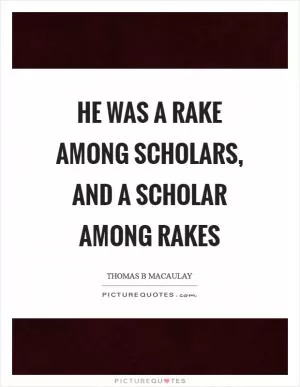
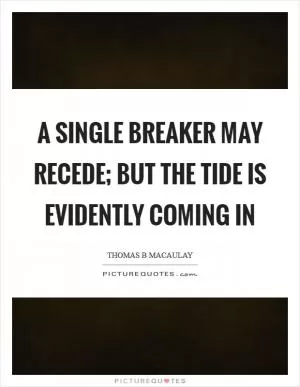
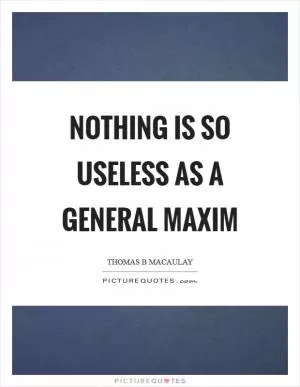
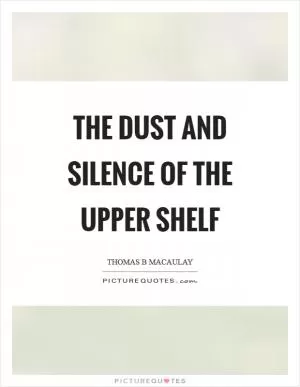
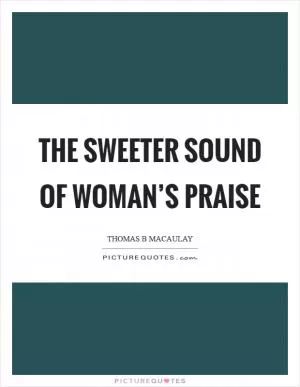
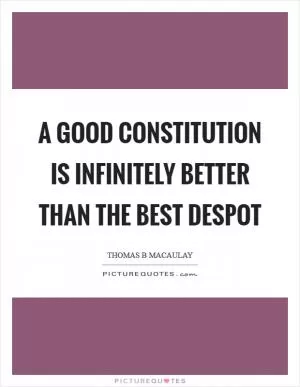

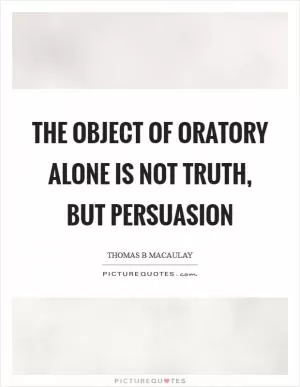
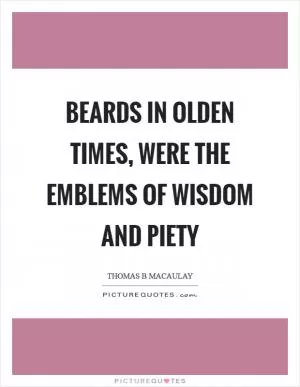
 Friendship Quotes
Friendship Quotes Love Quotes
Love Quotes Life Quotes
Life Quotes Funny Quotes
Funny Quotes Motivational Quotes
Motivational Quotes Inspirational Quotes
Inspirational Quotes